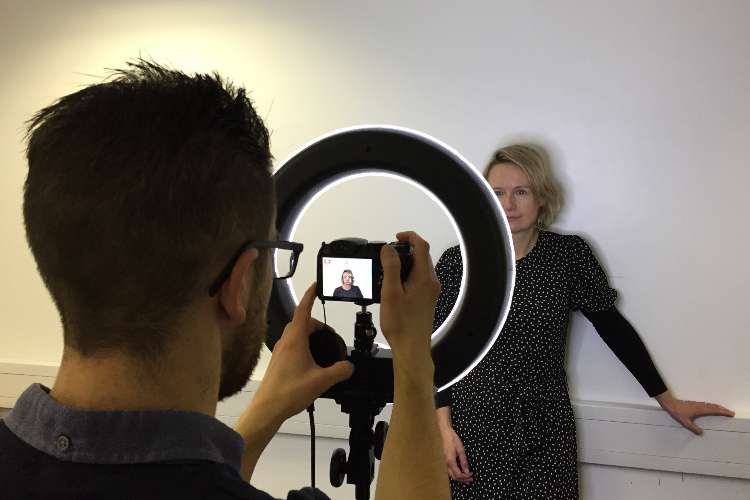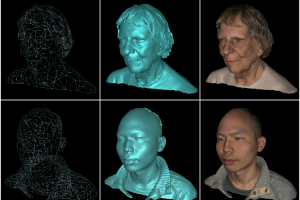
Dr Markus Bindemann’s research focuses on the identification of people at airports and borders and in police investigations. It offers insight into the difficulties that these important tasks entail, as well as potential solutions.
Research partners:
- Border Force UK
- Metropolitan Police
Humans are highly social beings. Face-to-face communication with those around us is a rewarding and necessary activity, and perceiving facial information from other people, such as their sex, age, and emotional state, is crucial for guiding our social interactions.
One of the most important sources of information that the faces of others can provide is their identity. We are very good at perceiving the identity of people we know, but the identification of people who are unfamiliar to us is much more challenging. This is important to study because unfamiliar face identification is a security-critical task. The comparison of a passport photo with the purported document holder, for example, is necessary for regulating access to countries and secure areas, or simply the sale of age-restricted goods.
Dr Bindemann and his research team have been studying these identification processes for many years in collaboration with Border Force UK (airports) and forensic facial examiners and fingerprint analysts in the UK police service.
One exciting direction in the research is the use of virtual reality to study person identification in complex security environments for which real-world access is otherwise limited. This involves
- building a database of face portraits that meet passport requirements (see image above),
- constructing avatars (virtual doppelgangers) of these people,

- and embedding the avatars in a virtual airport environment.

Participants are then immersed in this environment to carry out experiments on face identification under socially complex conditions.
This research has demonstrated the difficulty of these identification tasks under a wide range of conditions, as well as potential methods for improving performance.
This cutting-edge research is supported by grant funding from the Economic and Social Research Council.
More about Dr Markus Bindemann
Related links: